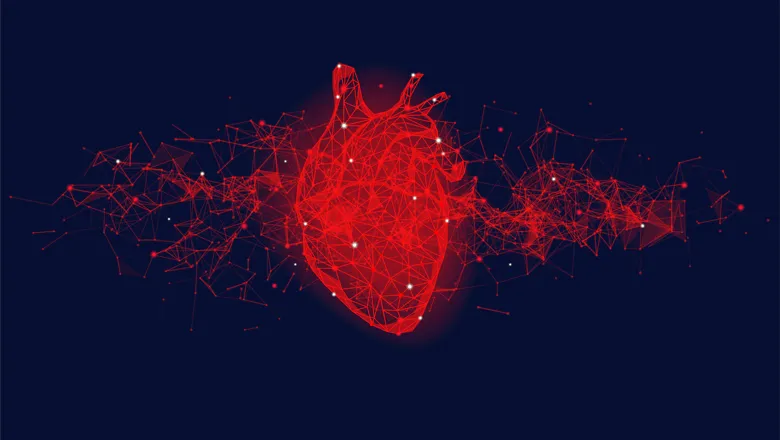We are aiming to develop a computational model that will ensure heart failure patients are on the right medication as quickly as possible. If we can characterise patients and swiftly identify what is causing their heart failure, then you can give them medication that will target the specific mechanism. This allows clinicians to better explain conditions and treatment pathways and gives confidence in that decision.
Professor Steven Niederer, Professor of Biomedical Engineering, School of Biomedical Engineering & Imaging Sciences
05 January 2023
Professor Steven Niederer receives EPSRC grant for digital twin research
Digital Twins For Personalised Medicine

Professor Steven Niederer, from the School of Biomedical Engineering & Imaging Sciences, has been awarded a £1.5m Engineering & Physical Sciences Research Council (EPSRC)grant to look into the technical development of a digital twin for the heart. The technical study will allow researchers to create computational models of a specific patient's heart that is updated to track and forecast how patients will respond to certain medications, surgeries and better monitor heart health.
Computational models in cardiology provide a common framework for integrating multiple data sets from individual patients. These models, which are based on physiology and physics rather than on population statistics, enable computational simulations to reveal diagnostic information that would have otherwise remained concealed and to predict treatment outcomes and patient trajectories for individual patients.
The way that people tend to be characterised and have their disease diagnosed is often from static indexes – how a patient appears on a particular day. For instance, two patients might have reduced cardiac function, but one of those patients is improving while the other is not. The therapy is currently the same for both patients. We would like to monitor these patient trajectories using digital twins and include these in patient care decisions.
Professor Niederer will address this clinical gap by combining measurements of the shape and motion of the heart, which can be acquired from conventional imaging, with physics-based and physiological constraints to estimate things such as the material properties of the heart: stiffnesses, boundary conditions to the heart and how the heart contracts. The digital twin will allow the researchers to then track how those material properties change through time as well as how the shape and the anatomy changes over time.
The project will focus on two retrospective heart failure studies that recorded how patients with newly diagnosed heart failure responded to starting treatment and how patients whose heart failure was in remission responded to changes in their medication. Through these analyses, Professor Niederer will assess whether these longitudinal changes can then be used to see how the heart is responding to heart failure medication to better identify who gets better and who does not.
"Ideally we will be able to use these models to make better forecasts about how patients respond to their therapy. We will be able to use these models to identify what was the primary cause of a patients cardiac disfunction and then we will be able to identify therapies that will both target their primary cause and their anticipated needs."
Professor Niederer said doctors are also interested in identifying patients where earlier signals might be seen in the properties of cells of tissue before you might see them in the change of the shape of the heart, or a change in the motion of the heart. Allowing earlier diagnosis and treatment.
The project is part of a wider portfolio of projects around the digital twin, and the researchers hope to have the framework in place for making these models and the prediction to then demonstrate the utility.
